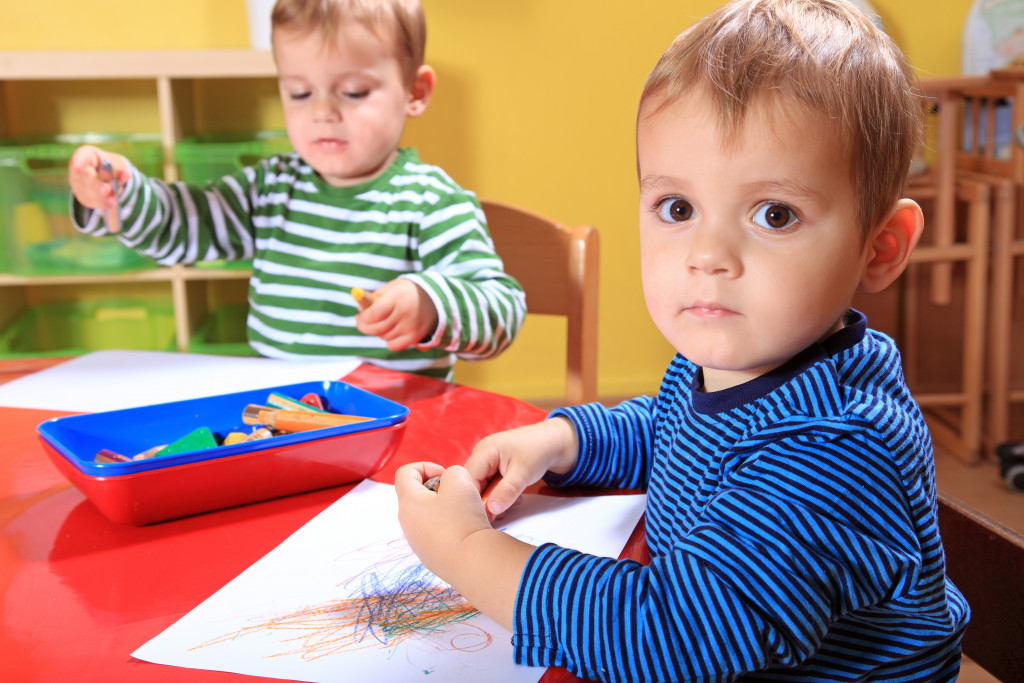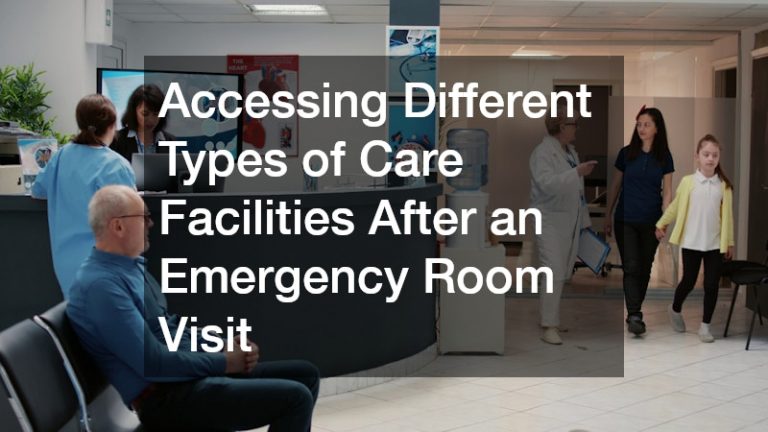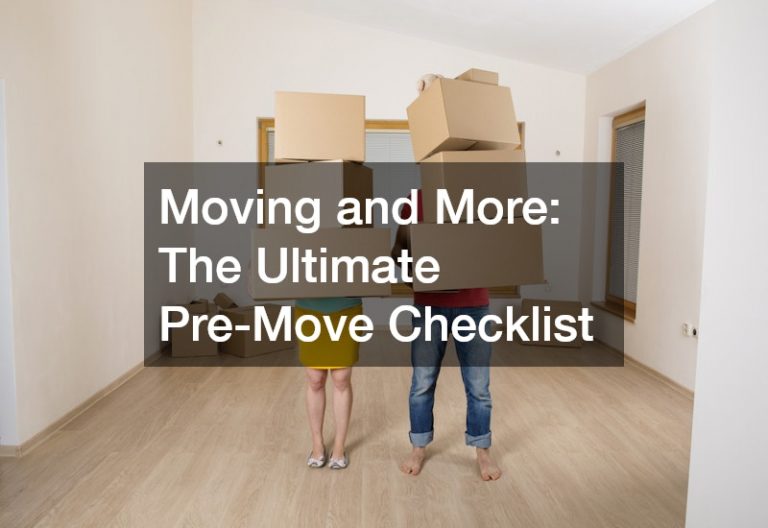Children have little to no control over their environment; they can only react to the stimuli and materials around them. That’s why it’s your job as the parent to ensure that they’re growing in a safe and comfortable environment that’s as free of hazards as possible.
Here are four simple tips for making your home safer for your growing children:
Tip #1 Keep all dangerous objects out of your children’s reach.
This includes sharp tools, harmful chemicals, and anything else that could cause harm. If you have to keep these things in your home, ensure they’re stored somewhere safe and out of reach — preferably in a locked cabinet or closet. This way, your children won’t be able to get to them even if they’re curious.
You should also keep the surfaces your kids can reach free from small objects, as these can be choking hazards. This includes coins, buttons, marbles, and small toys they can put in their mouths and swallow. And if your child puts something in their mouth, always check for any signs of choking or difficulty breathing.
It could be wise to child-proof your home as much as possible, especially if you have younger kids. This means installing safety locks on cabinets and drawers, covering electrical outlets, and placing gates at the top and bottom of staircases. By doing so, you can rest assured that your children are less likely to encounter any hazards.
Tip #2 Make sure your home is well-lit.
Good lighting is vital for two reasons: it helps you see potential hazards before your children do, and it also makes it easier for your children to see where they’re going. This can help prevent falls and other accidents, such as tripping over toys or left out objects.
Consider investing in some night lights for your child’s bedroom and the hallways leading to it. This way, they’ll be able to see where they’re going in the dark, and you’ll be able to check on them more easily. You should also ensure that all the light bulbs in your home are working correctly and that there are no dark areas that could pose a tripping hazard.
Aside from good lighting, you should also ensure that your house gets enough natural lighting during the daytime. This can help make your home feel more open and welcoming, and it can also help reduce your energy bills. So open up those curtains and let the sunshine in!
Tip #3 Keep your backyard safe.
If you have a backyard, it’s vital to ensure that it’s safe for your children to play in. This means keeping the area clear of hazards like swimming pools, trampolines, and power tools. You should also ensure that there’s nothing poisonous or dangerous growing in your garden.
In addition, you should teach your children about stranger danger and how to stay safe when they’re playing outside. This includes knowing not to talk to strangers, not to go off with them, and to come inside if they feel scared or unsafe. With these safety measures in place, your children can enjoy the great outdoors without you having to worry.
You might want to consider installing aluminum fencing panels around your house to create a safe space for your children to play. This fencing is durable and can withstand harsh weather conditions, making it an excellent option for keeping your kids safe. Plus, it can add extra privacy and curb appeal to your home.
Tip #4 Be mindful of your home’s temperature.
It’s essential to keep your home comfortable, especially during the summer and winter. This means setting the thermostat to a temperature that’s not too hot or too cold and ensuring enough ventilation.
You should also be aware of the dangers of leaving your children in a hot car. This can cause them to experience heatstroke, which can be fatal. So always check the temperature of your vehicle before putting your child in it, and never leave them unattended in a hot car, even for a short period.
In the winter, you should take steps to prevent your pipes from freezing. You can do this by insulating your pipes and keeping the thermostat at least 55 degrees Fahrenheit (12.78 °C). Frozen pipes can burst and cause flooding, so it’s important to take this precaution.
You should also be careful of space heaters and fireplaces, as they can pose a fire hazard. Ensure to keep them away from flammable objects, such as curtains, furniture, and clothing. And always supervise your children when they’re around these hazards.
Being a parent isn’t always easy, but following these simple tips can help make your home safer for your children. With just a bit of effort, you can rest assured that your children are safe and sound in their home. So, what are you waiting for? Get started today!





